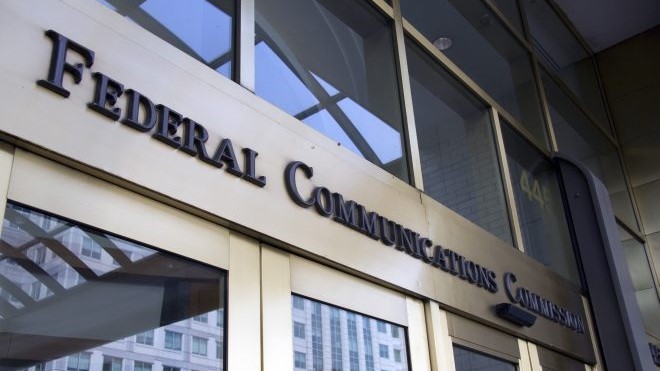
The FCC is following up on its promise it made several months ago to require that pay-TV operators provide clear, concise and accurate information on consumer’s cable and satellite TV bills.
The new customer service protections would require cable and satellite TV companies to specify the “all-in” price clearly and prominently for video programming service in their promotional materials and on subscribers’ bills.
Specifically, cable and DBS providers would be required to state the total cost of video programming service clearly and prominently, including broadcast retransmission fees, regional sports programming, and other programming-related fees, as a prominent single line item on subscribers’ bills and in promotional materials.
“Consumers who choose a video service based on an advertised monthly price may be surprised by unexpected fees related to the cost of video programming that raise the amount of the bill significantly,” the commission said in its Notice of Public Rulemaking issued this week. “These fees, with names like broadcast TV fee, or regional sports programming surcharge, are listed in the fine print as “fees” or “taxes and surcharges,” separate from the top-line listed service price and can result in a bill that is substantially more than the advertised price. This categorization can be potentially misleading and interpreted as a government-imposed tax or fee, instead of a company-imposed service fee increase. This practice can also make it difficult for consumers to compare the service prices of competing video service providers.
“This all-in pricing proposal is intended to give consumers a transparent and accurate reflection of their subscription payment obligations and eliminate unexpected fees. It also seeks to provide consumers with the ability to comparison shop among competing cable operators and DBS providers, and to compare programming costs against alternative programming providers, including streaming services,” it added.
The commission is also seeking public input on whether to expand the requirements of this proceeding to other types of multichannel video programming providers (MVPDs) and whether it has the authority to do so.
NCTA-The Internet Association said “as cable providers operating in a highly competitive market for video services, we take seriously our responsibility to operate transparently and provide consumers with relevant information related to the cost of services, including those than may vary among households or region. We look forward to reviewing the NPRM and participating in this proceeding."
The professional video industry's #1 source for news, trends and product and tech information. Sign up below.
ACA Connects, which represents small and midsized US operators said that it is also "committed to transparency."
"As this proceeding unfolds, we are eager to provide and review the evidence and examine the root causes of ever-increasing prices for video programming that our Members distribute, as well as ensure that any new requirements do not have the unintended effect of making video prices more opaque or confusing for subscribers," said ACA Connects President and CEO Grant Spellmeyer.
Tom has covered the broadcast technology market for the past 25 years, including three years handling member communications for the National Association of Broadcasters followed by a year as editor of Video Technology News and DTV Business executive newsletters for Phillips Publishing. In 1999 he launched digitalbroadcasting.com for internet B2B portal Verticalnet. He is also a charter member of the CTA's Academy of Digital TV Pioneers. Since 2001, he has been editor-in-chief of TV Tech (www.tvtech.com), the leading source of news and information on broadcast and related media technology and is a frequent contributor and moderator to the brand’s Tech Leadership events.

